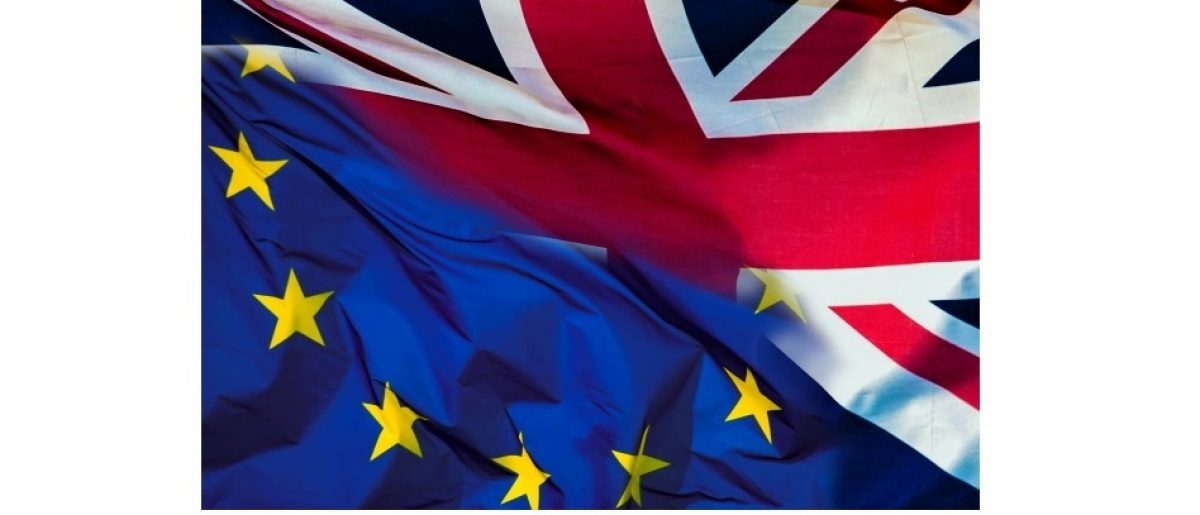
On Wednesday 14 November, after five hours of discussions, the Cabinet has backed the draft withdrawal agreement presented by the Prime Minister who described this as a "decisive step" in the progress of Brexit.
The draft agreement sets out how and when the UK will leave the EU and defines the relationship between the two parties for the years to come. Despite backing Theresa May’s proposal, members of the Cabinet were pretty divided on the deal.
The approval of the agreement was followed by a number of resignations including: two members of the Cabinet, Dominic Raab, Brexit Secretary, and Esther McVey, Work and Pensions Secretary; two junior ministers: Suella Braverman, Brexit minister and Shailesh Vara, Northern Ireland minister; and two Parliamentary Private Secretaries: Ranil Jayawardena, Ministry of Justice PPS and Anne-Marie Trevelyan, education PPS. Rehman Chishti, MP for Gillingham and Rainham, also announced his resignation as vice-chairman of the Conservative Party.
In the meantime, at a press conference in Brussels, Donald Tusk, President of the European council, said, “The EU is prepared for a final deal with the UK in November. We are also prepared for a no-deal scenario but of course we are best prepared for a no-Brexit scenario”.
The Withdrawal Agreement
The draft agreement outlines the terms of the UK's "divorce" from the EU over 585 pages. This is not a trade deal. The trade deal will be negotiated during the transition period, if all goes as planned.
An EU document available online summarises the areas that the Withdrawal Agreement covers. These include:
- Common provisions, setting out standard clauses for the proper understanding and operation of the Withdrawal Agreement.
- Citizens' rights, protecting the life choices of over 3 million EU citizens in the UK, and over 1 million UK nationals in EU countries, safeguarding their right to stay and ensuring that they can continue to contribute to their communities.
- Separation issues, ensuring a smooth winding-down of current arrangements and providing for an orderly withdrawal.
- A transition period, during which the EU will treat the UK as if it were a Member State, with the exception of participation in the EU institutions and governance structures.
- The financial settlement, ensuring that the UK and the EU will honour all financial obligations undertaken while the UK was a member of the Union.
- The overall governance structure of the Withdrawal Agreement, ensuring the effective management, implementation and enforcement of the agreement, including appropriate dispute settlement mechanisms.
- The terms of a legally operational backstop to ensure that there will be no hard border between Ireland and Northern Ireland.
In particular, the agreement suggests that if the transition period is extended beyond 2020, both parties will commit to a "backstop" solution, consisting of a single customs territory between the EU and the UK.
This means that Northern Ireland would stay aligned to some EU rules on things like food products and goods standards if no other solution can be found by the end of the transition period in December 2020.
This has been one of the most discussed points of the agreement, however, Theresa May has said that she does not want to have to use the backstop at all.
For more details, visit: http://europa.eu/rapid/press-release_MEMO-18-6422_en.htm
Trade
Analysing the potential impacts on trade, Andrew Walker, BBC Economics Correspondent, says that in the immediate aftermath of Brexit, there will be "no change".
In fact, the transition or implementation period during which EU laws continue to apply ends on 31 December 2020 but can be extended. During the transition period, there will be further negotiations to establish the long-term relationship.
“The aim is trade in goods without tariffs or quantitative restrictions”, Walker writes.
Read more: https://www.bbc.co.uk/news/uk-politics-46208764
What next?
EU leaders are expected to sign off on the withdrawal agreement at an EU summit on 25 November. Then, Theresa May will have to get MPs to vote for it, which, according to BBC's political editor Laura Kuenssberg, could happen around 7 December.
Many MPs are sceptical about the Mrs May’s Brexit plans, or openly hostile to them and the DUP has already said it is likely to vote against it. If the Prime Minister loses the vote the consequences are uncertain. She may seek to renegotiate with the EU but ‘most expect her time in No 10 to end’, BBC says. There could be a general election and/or a new prime minister.
NFDA will continue to monitor the situation closely and keep our members up to date.
